The growing numbers of politicians and special interest and consumer groups pushing health insurance for all often neglect-and sometimes penalize-the people they need most for such plans to succeed: America’s physicians.


The growing numbers of politicians and special interest and consumer groups pushing health insurance for all often neglect-and sometimes penalize-the people they need most for such plans to succeed: America’s physicians.
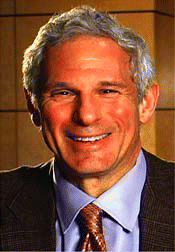
More often than not, today’s medical offices are businesses employing numerous staff people, as well as other physicians.

How are your patients doing? Do you know the impact of their disorders-and the management approach you selected for them-on their health-related quality of life?

Contrary to popular belief, CMS is in the business of paying for quality care, not just the volume of care provided.

In one of the first sessions at the American Academy of Otolaryngology–Head and Neck Surgery annual meeting, otolaryngologists made it overwhelmingly clear that they believe they should be paid for being on call for emergencies and consultations.
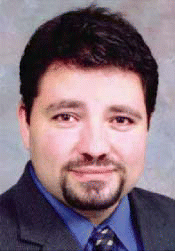
Dysphagia is the dominant cause of morbidity and mortality in patients treated by otolaryngologists, and in fact, more people die from aspiration pneumonia following stroke than from all head and neck cancers combined.
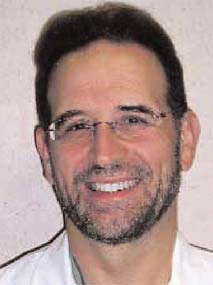
When a pediatric patient presents with a diagnosis of chronic sinusitis and rhinitis, my modus operandi is to assess the patient, review the history, and provide medical treatment as indicated.
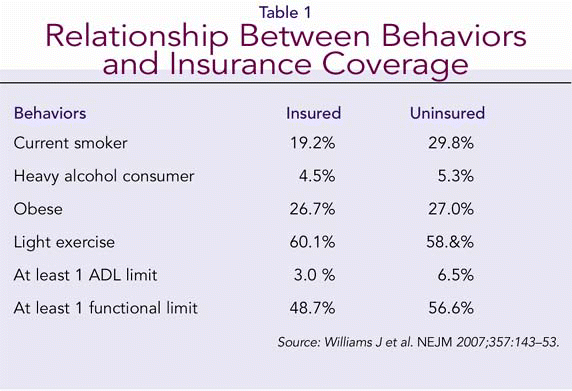
Like other physicians, Gady Har-El, MD, Chairman of the Department of Otolaryngology-Head and Neck Surgery at Lenox Hill Hospital in New York and president of the American Broncho-Esophagological Association, takes on uninsured patients who have waited too long to see a doctor.
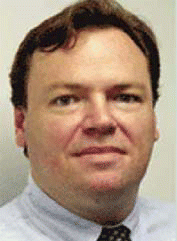
Academic medical centers within the United States bear the primary responsibility for promulgating and performing life sciences research.
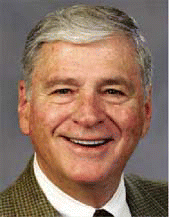
Generosity was the main topic of the American Academy of Otolaryngology-Head and Neck Surgery’s 2007 John Conley Lecture on Medical Ethics by Rev. William G. Enright, PhD, Executive Director of the Lake Family Institute on Faith and Giving at the Center on Philanthropy, Indiana University, at the opening ceremony of this year’s annual meeting.